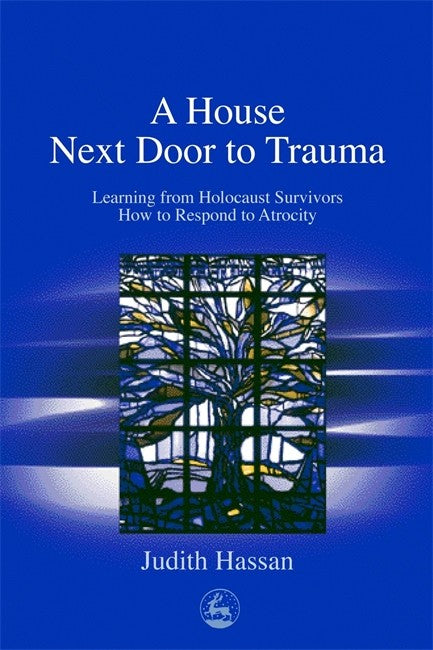Part I Facing the dark shadow - the ''other'' world of the survivors' suffering: looking inside ourselves and our personal relationship to extreme trauma; the complexity of trauma; issues in delayed responses to trauma; the context of trauma; the severity of trauma; the victim and the perpetrator; the transmission of trauma; is it ever too late to respond to trauma? Part II Learning from the survivors about how to respond to atrocity: working with the effects of extreme trauma; rethinking our therapeutic approaches; mutual support as a therapeutic medium; hearing the stories of survivors. Part III Translating trauma into a meaningful therapeutic language: a practical usable working model; case studies; translating the concepts of trauma into a meaningful therapeutic language; developing services for the survivors of the Nazi Holocaust. Part IV Opening the door between the two worlds. Part V ''A house next door to trauma'' - the legacy of Holocaust survivors.

